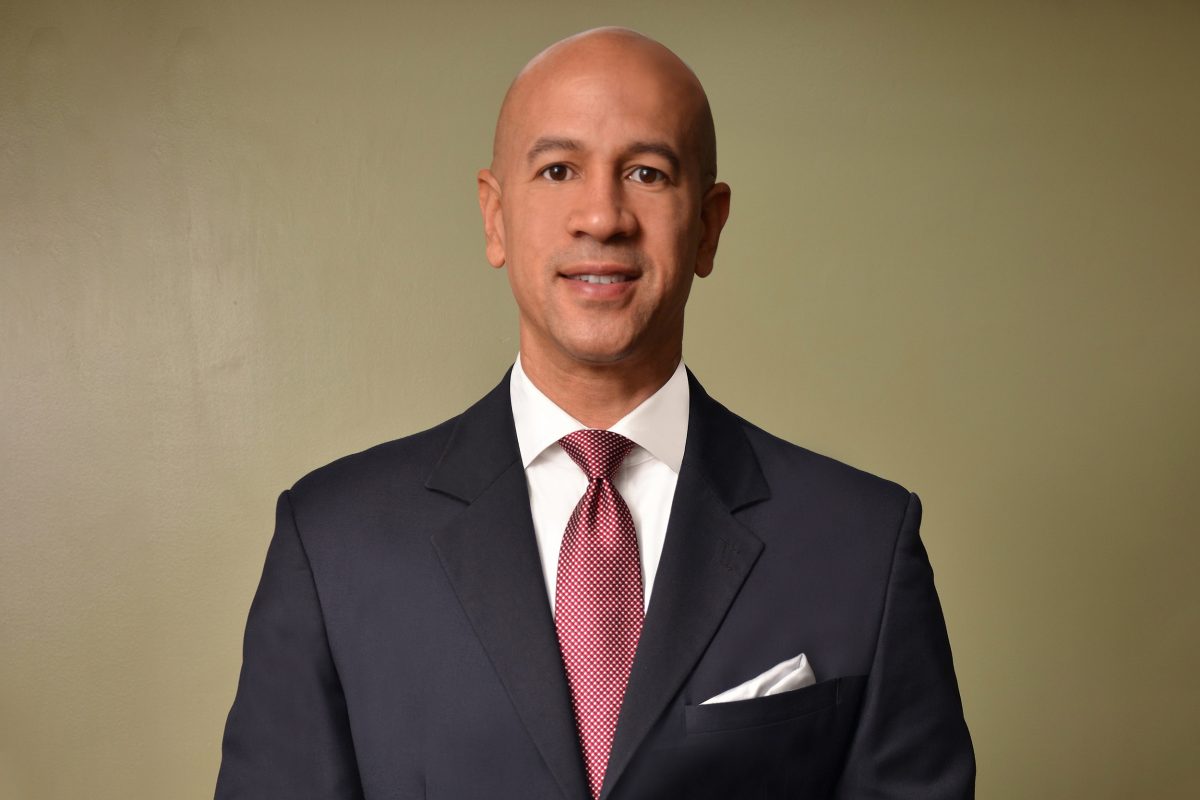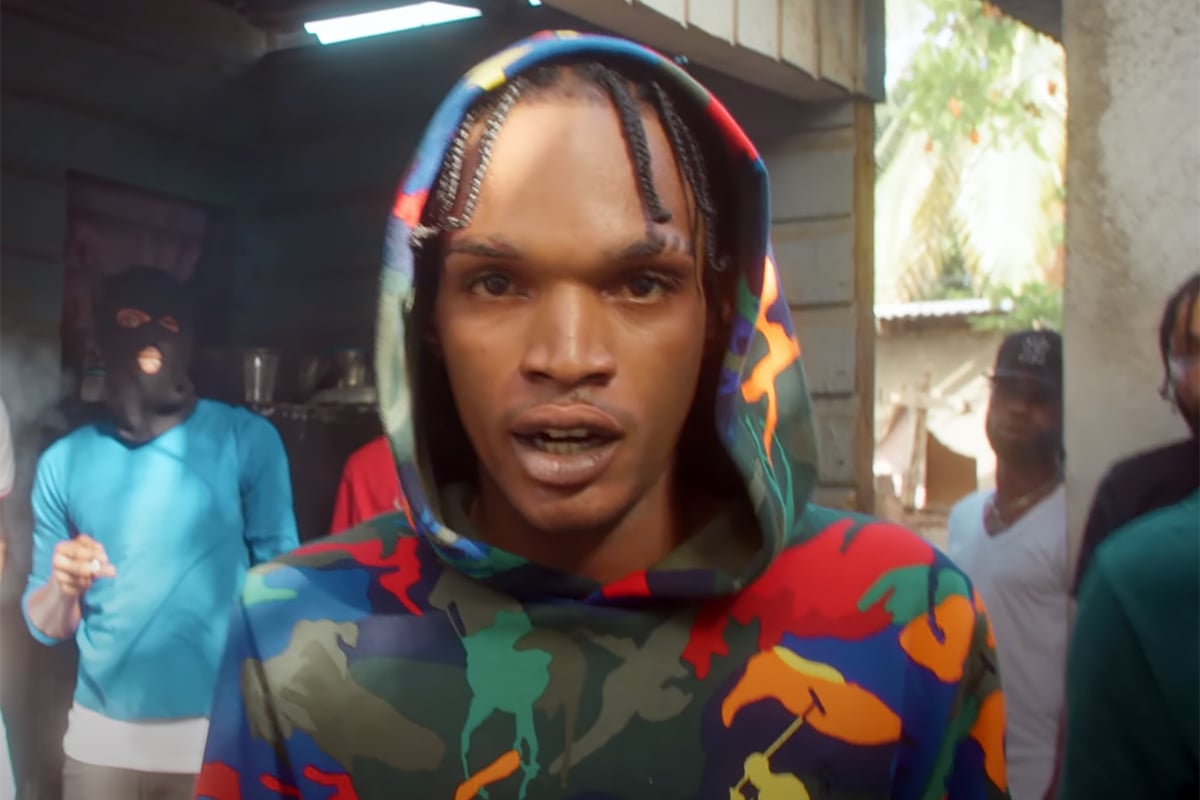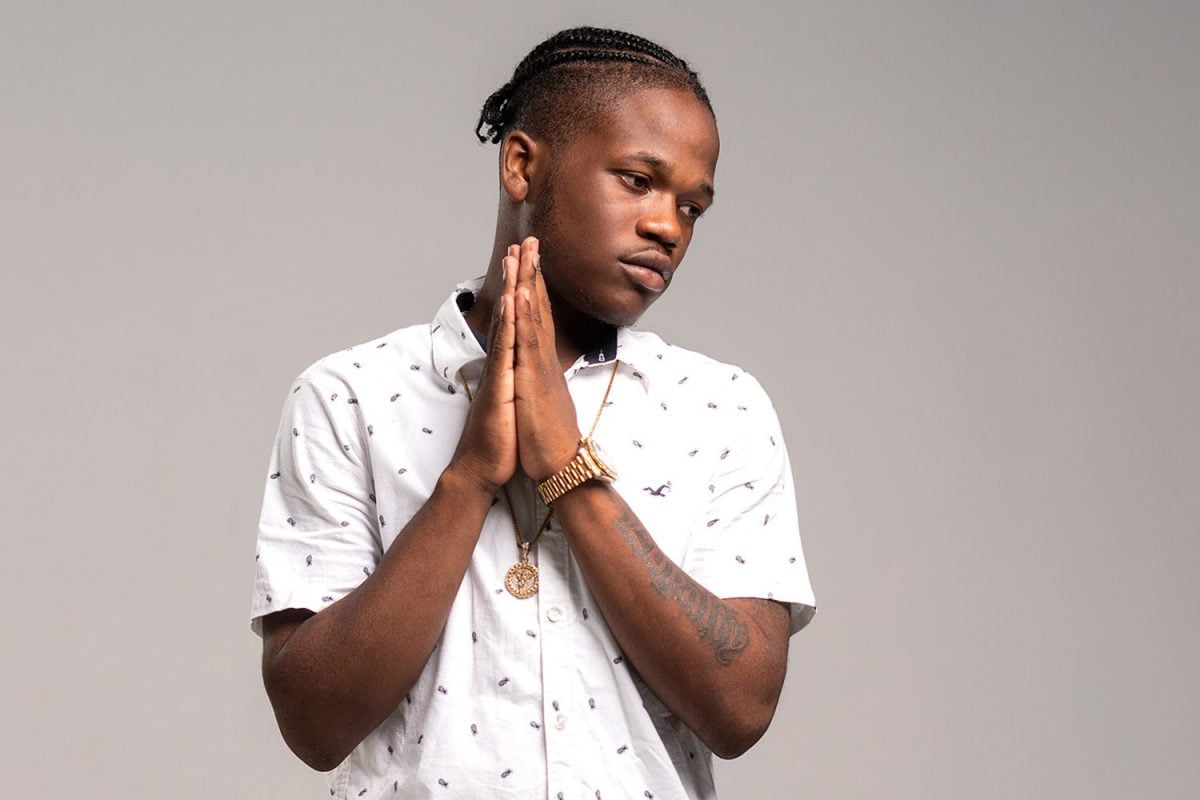Zachary Harding To Dancehall Artists: “Get Yourself A Catalog, You Can’t Just Be Singing Gunman Songs Alone”

“Get yourself a catalog of songs, so that an overseas promoter can say ‘yes’…. 5000 people will come to my show, cause he has this song that they want to hear. You can’t just be singing gunman songs alone. So when you get booked to go to a dance, is just a bag a tuff face man stan up in di dance? No, you have to have some flavor and variety.”
“Work on your image and your brand and what it stands for. You must stand for suppm. You can’t just stand for: ‘I’m a tuff face guy wid a bag a tattoos in my garrison, wid a bunch a man behind me with cutlass and long gun’. Great. Ten other people are like dat.”
That’s the word from music producer and Group CEO of Stocks and Securities Ltd (SSL) Zachary Harding, who is urging upcoming Dancehall artists to broaden their catalog, and not only focus on penning gun lyrics and assuming “shotta” personas.
According to the Playground riddim co-producer, gun lyrics hold an indelible place in Dancehall music, but having a one-dimensional catalog hinders artists from being able to tour the entire world and perform for a wide array of audiences.
As a consequence, gun-lyrics toting artists are losing out on accruing a lot of money as they are not as sought after by promoters as their counterparts who offer wholesome content.
“You are always gonna have, obviously, gunman song, because that is really an evolution coming out of the clash culture. They were not necessarily running up and down in the streets and shooting people. It was a metaphor for killing another sound. I don’t know where Dancehall would be without those famous rivalries that took place,” Harding, who co-operated 2Hard Records with his brother Jeremy Harding, said.
“There is a place for that but there is also a place for parry music; there is also a place for uplifting music. There is also a place that celebrates who we are as a people,” he told veteran entertainment journalist Anthony Miller during a recent interview on Television Jamaica.
Harding, who was the manager who propelled Sean Paul to international stardom, was speaking to Miller about a “new dimension in Dancehall music, and his investment plans when the topic was broached.
The producer, who is also Executive Chairman of Delta Capital Partners, said that there were some fundamental questions that artists ought to ask themselves—among them: “Who am I reaching out to? What’s the message in my music? Is it connecting with people? Is it a song that can last and endure?”

When asked by Miller, that if he happened to address artists such as “Jahshii and Skeng and other youngsters who are doing the “new sound”, what would he pitch to them, Harding said among the things to be pointed out is that their end game must be towards touring, as this is the only way they will be able to rake in the millions they desire, as record sales have plummeted, and money from the much-touted YouTube views is negligible in the scheme of things.
“First things first: there is pretty much no record sale anymore – 80s, 90s, it was about the physical selling of a piece of vinyl. You added that up and if it sold gold or platinum, you made money from the royalties of those things,” the former Deputy Director of Tourism explained.
“In today’s environment you are just hearing about streaming, and to some extent I don’t even know that the young artists and the kids care that much about streaming. What they are looking at is views on YouTube and likes on Instagram and number of followers. But I tell you this: that can’t teck you to the bank. There is no residual income from those things. The game must be towards touring. And that is what I have been saying to the artistes,” he added.
During the interview, Miller referred to lyrics in one of Skeng’s songs, in which he said he does not “too teck any talk from any elder,” which might be an indication that he may not be willing to heed the Forbes Business Council member’s advice.
“So anybody like that – and I am not singling him out – let’s check back this interview in two years and see how they are doing and see if they are still around,” Harding said.
“It’s about being able to endure. The race is not for the swift. So you can get up today, sing a one wicked song an everybody is hyping and rating yuh and we could list some of those names that done that three, four, five, six years ago, and where are they today? They never followed up with another song,” the Campion College old boy said.

He added: “You compare and contrast that with somebody like a Sean Paul. Di man catalog a hits tall. Every year him still comin out wid hits. And you listening to him and he kinda sounds the same as like 10, 15 years ago, but he’s figured out the formula. When you find out what the market wants, you stick to that formula. It is the music business. And it’s an industry.”
Harding went on to outline steps that were fundamental for an artist to succeed internationally in the Dancehall music industry.
“Step number one: Know your audience; step number two: give your audience a product that they like and want and are willing to support and buy. And they may not be buying it in terms of purchasing a record, but they may be buying it in terms of buying a ticket to come and see you perform,” he said.
The marketing expert, also emphasized that personal branding and image was key for Dancehall artists who want to make it on the international stage, and said that all artists should have a team, and take the advice and coaching from persons who have expertise and experience in the music industry.
“Those that seh they don’t want teck no talkin from anybody else, then that’s fine. That’s up to dem. Let us look for the ones that will teck di talkin, because there is a value and a premium in experience. If you are a football player, you caan guh join a side and seh yuh not teckin no talkin from di coach. You not gonna last very long. You have to have a balance between an artist that is willing to listen, and also a management team that is willing to be flexible and adapt to the circumstances,” he said.
Harding also said that it was imperative that artists stay out of trouble with the law, as having any sort of criminal record will ultimately stymie or destroy their careers, as they might not be able to get visas necessary for touring.
“I think we are at a stage now where Reggae music and Dancehall music is really global music and therefore it is almost hard to make a claim because many other countries are producing Reggae and Dancehall music and selling and doing well and touring. And have great production values. Great marketing with management, great contacts, no criminal record, can get a visa and travel,” he explained.
“If I was advising somebody now I would tell them, meck sure yuh stay outta trouble, because if yuh don’t have a visa, you don’t have a future in this business. Unless is some likkle man around you that goin keep supporting you. You have to be able to get on a plane and travel. That’s how you earn money,” he said.
